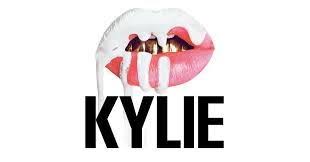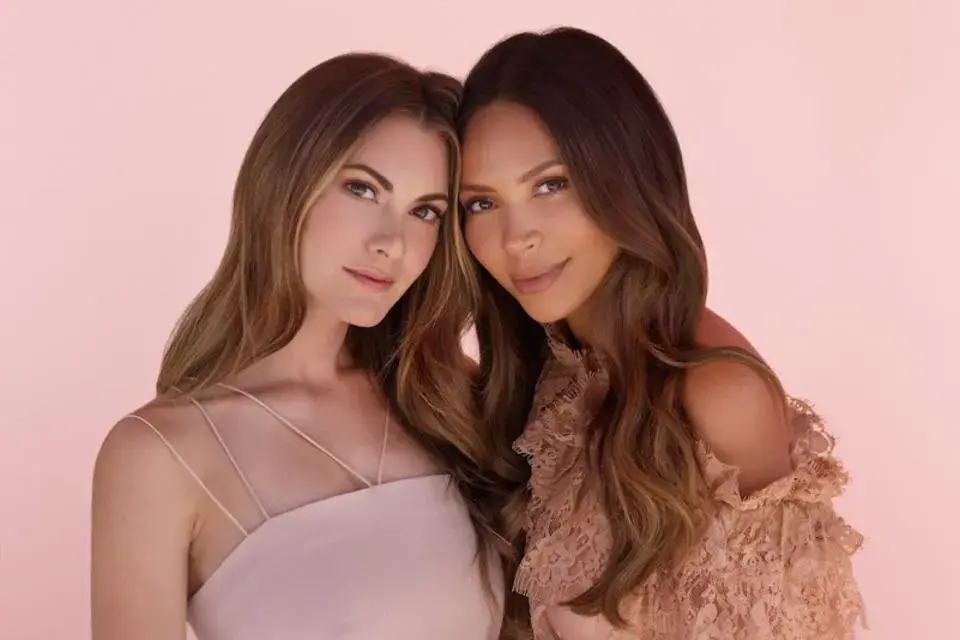Kylie Jenner: Knowing Her Market and Revolutionizing Social Marketing In The Process
- Ingrid Guo

- May 30, 2020
- 4 min read
Author: Isabelle Lo '22
When the name “Kylie Jenner” is mentioned nowadays, the first thing that comes to mind in most people is the famous Kardashian family, the countless magazine cover photos she’s dawned on, and the scenes from their family reality TV show, Keeping Up with The Kardashians. It is hard to believe that the 14-year-old girl that many of us grew up watching has become one of the most successful businesswomen in the world at the ripe age of 22.
In March 2019, Forbes magazine announced Kylie Jenner as the world’s youngest billionaire, with an estimated net worth of 1 billion dollars at the age of 21, making her become a billionaire even before the creator of Facebook, Mark Zuckerberg. When she was only 17 years old, Jenner started her own makeup company, which was formally known as Kylie Lip Kits in 2015, and later renamed as Kylie Cosmetics. As a member of the Kardashian family, an American family that is prominent in the fields of entertainment, fashion design, and business, Kylie Jenner no doubt had extensive knowledge in the cosmetics sector that she would definitely use in her business in the future. However, it was her unique marketing strategy that really allowed for the birth of her eventual “cosmetics empire.”
Being on various TV shows and social media since a very young age, Jenner understood the importance and effectiveness of online marketing: a utilization of popularity and publicity on social media. From 2017 to 2018, Kylie has stepped on the Forbes Celebrity 100 list and was credited by the New York Post as the “most influential celebrity in the fashion industry.” In November 2019, Kylie achieved more than 150 million followers on Instagram, making her one of the most-followed people on the platform. With this popularity, each of her sponsored posts on Instagram valued at least $1 million. Her significant influence was also proven in 2018 when Snapchat’s stock market value decreased 1.3 billion dollars after she announced that she would no longer be using the platform anymore.
Stephanie Saltzman, a beauty editor at Fashionista, says that the power of influencers and online marketing is understated. The societal norm has changed in the rise of technology, as “Maybe historically, consumers would use what their Mom used or would go explore a beauty counter in a department store., but now it’s in the palm of their hands through social media. It feels more authentic coming from a person, and Kylie Jenner is a person as opposed to a blanket, faceless corporation.”Saltzman’s point of marketing “with a face” provides a similar idea with the analysis from Charlotte Libby, a color cosmetics expert at analyst group Mintel, who claims that many young consumers are drawn to brand transparency, and especially “personality, belief, and ethics” instead of the traditional advertising. Libby adds, “Social media and the success of influencers have proved that personality sells, and partnering with real people, rather than traditional media, offers brands the opportunity to show more personality.”This kind of personality-display strategy is not only seen on Kylie Cosmetics but also on many trending brands, such as Glossier by Emily Weiss, with the motto of “Skin First, Make-up Second”. People purchase those products of that brand to achieve the personality, or in this case, lifestyle, that the brand is promoting.
After Kylie Cosmetics was established, Kylie Jenner created an Instagram account page and a mobile app for the products, raising publicity through daily-frequented apps which made the products easier to purchase. She also produced collaboration lines with her famous siblings and sponsored YouTubers, whose endorsements made the products a “must-have." Kylie Jenner’s marketing ability is not limited to online selling. Her use of FOMO (fear of missing out) exclusivity— using internet countdowns to reveal products and selling them on limited release, greatly fueled people’s passion every time new products were launched. The FOMO marketing strategy is not uncommon. For example, Hermès has been using this strategy for most of its handbags, especially Birkin, Kelly, and Constance handbags. This kind of approach limits the Law of Diminishing Marginal Utility, enabling consumers to maintain their initial marginal utility longer.
From the start, Jenner has had an accurate target for her business. Since the vast majority of her Instagram followers are young and female, between the ages of 18 to 24, they firmly fit into a beauty brand’s target market and are more likely to purchase her products. Following in the footsteps of Kylie Jenner, internet celebrities like Huda Kattan, Emily Weiss, and even Rihanna, all have started cosmetic lines and are earning tremendous profit today.
By becoming the youngest billionaire, Kylie Jenner proved to the world that business is never a field that is solely run by top male entrepreneurs. Looking into the future, the success of “internet businesses,” as reflected from her success in building her “cosmetic empire,” hints at a different upcoming revolution in the business sector.
Sources:
"Kylie (@kyliejenner) • Instagram photos and videos". www.instagram.com. Retrieved December 30, 2018.
Madani, Doha (June 12, 2017). "Kylie Jenner Is The Youngest Star On Forbes 100 Highest-Paid Celebrities List". The Huffington Post. Retrieved June 21, 2017.
"Kylie Jenner becomes world's youngest billionaire". BBC News. March 5, 2019. Retrieved March 9, 2019.
Fishman, Elana (November 28, 2018). "Kylie Jenner influences fashion more than Meghan Markle". Page Six. Retrieved November 29, 2018.
Image Source:









Comments